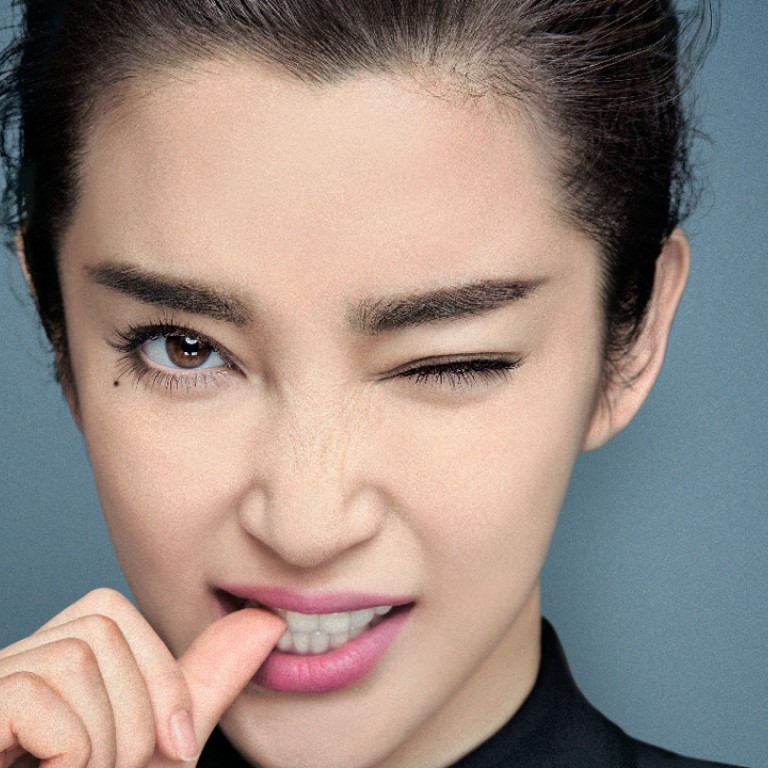
Chinese celebrities chew their nails for campaign against rhino horn trade
With rampant poaching threatening survival of the rhinoceros, Chinese media stars have joined campaign in which they bite their fingernails to show users of rhino horn it has no medicinal powers
Chinese celebrities are speaking out against the sale of rhino horn in a campaign by conservation charities.

Film stars Maggie Q, Li Bingbing, and Chen Kun and fashion photographer Chen Man are seen gnawing on their fingernails in the ad campaign, launched in Chinese and English by WildAid and the African Wildlife Foundation. Rhino horn – used in traditional Chinese medicine to treat ailments from fevers to convulsions and epilepsy – is mostly keratin, a protein also found in human nails and hair. Campaigners against the trade in rhino horn say it has no medicinal properties.
WATCH Nail Biters campaign video
Businessman Richard Branson, founder of the Virgin Group, is also part of the campaign.
“Keratin. That’s all it is. No different or more a medical remedy than your fingernails,” Branson, a WildAid ambassador, says of rhino horn. “So with a dwindling rhino population, why kill off one of our planet’s greatest species for no reason?”

A Vietnamese version of the “Nail Biters” campaign starring some of that nation’s biggest celebrities is in the works. Vietnam is the world’s largest market for rhino horn and the focus of a multi-year effort by WildAid and the African Wildlife Foundation to educate consumers and persuade them not to buy, give or consume rhino horn. China is the other major market for rhino horn.

SEE ALSO: China main reason Africa is losing war to stop wipe-out of rhinos and elephants
“Rhino horn won’t cure cancer or a headache, but the rhino poaching epidemic in Africa does have a cure, and it involves people not buying rhino horn,” said Dr Patrick Bergin, the African Wildlife Foundation’s chief executive. “Sir Richard and other campaign celebrities are delivering the message, and now we need citizens in China and Vietnam to be part of the solution.”
SEE ALSO: Saving Hope: Extraordinary effort to save rhino whose horns and face were hacked off
The campaign’s launch coincided with a vow by Hong Kong Chief Executive Leung Chun-ying to introduce legislation as soon as possible to ban the import and export of elephant hunting trophies and to explore enacting legislation to ban the import and export of ivory and phase out the local trade in ivory. The government would also explore increasing the penalties for smuggling and trading in endangered species.
Three travellers arriving from South Africa were arrested in September at Hong Kong International Airport for attempting to smuggle HK$2 million worth of rhinoceros horn. In 2013, Hong Kong authorities returned to South Africa 33 rhino horns seized in the city in 2011 - at the time the biggest haul of smuggled horn to have been seized anywhere.

